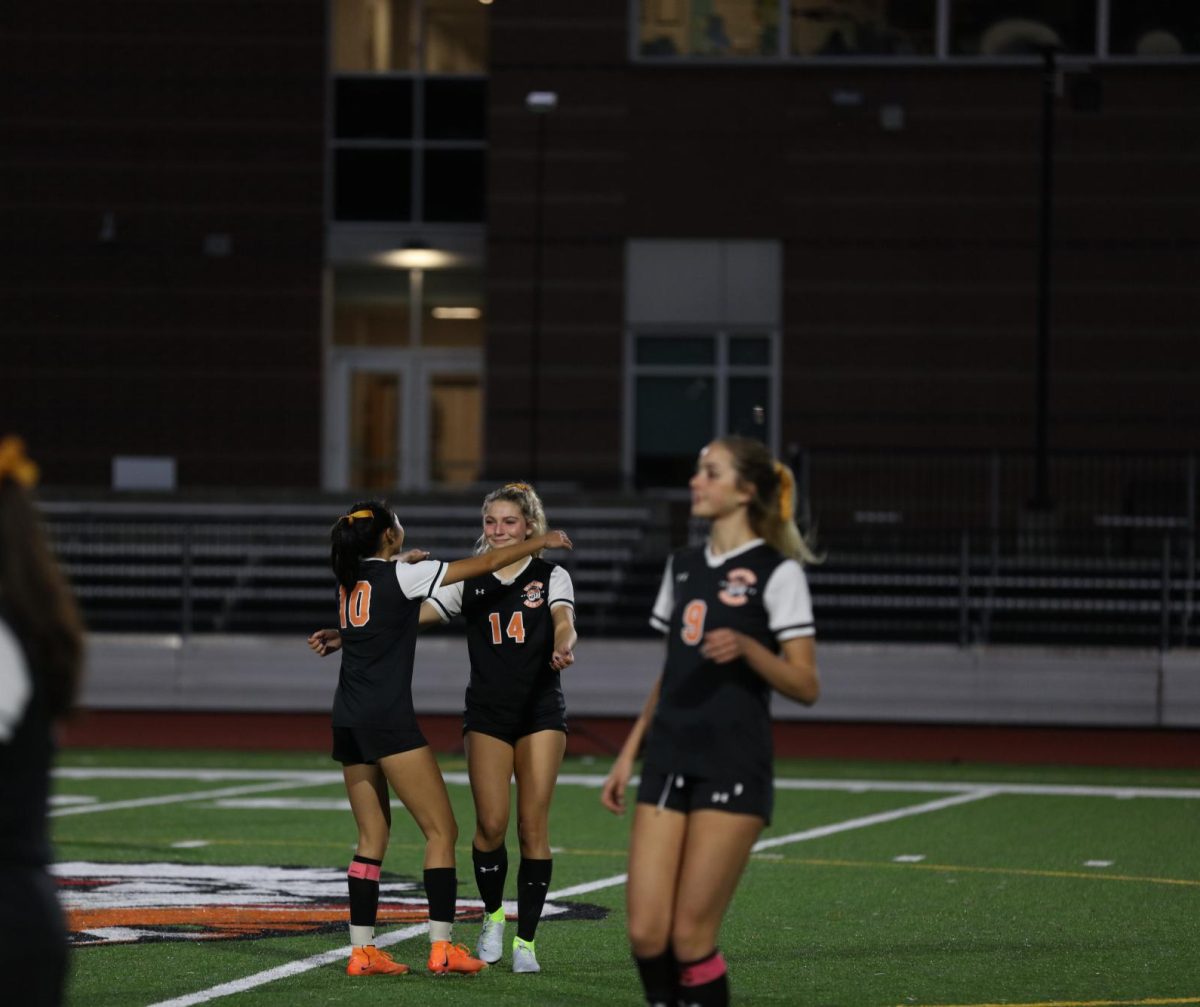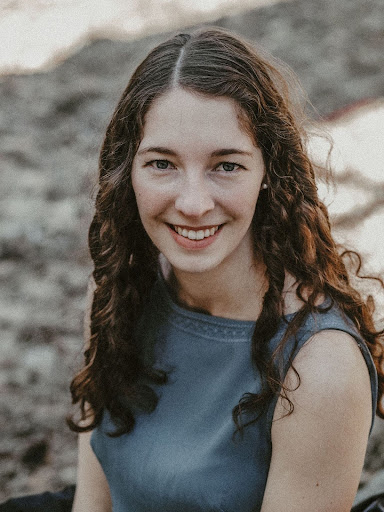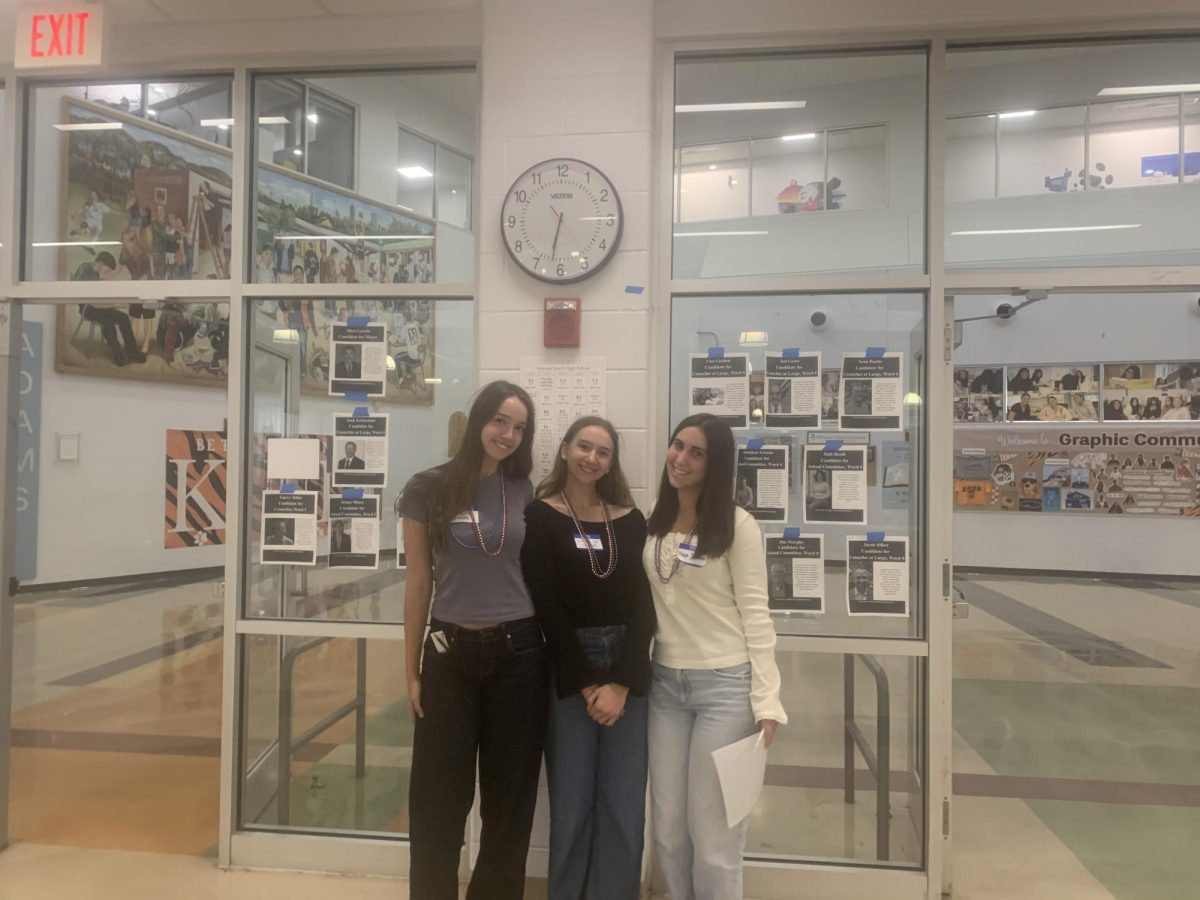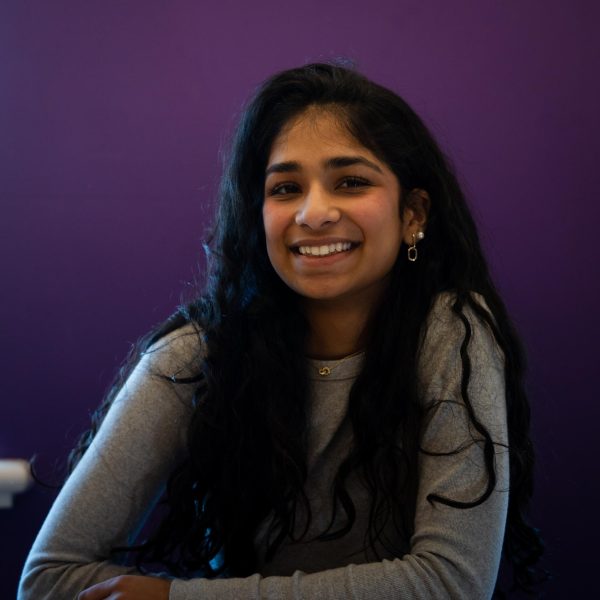As environmental issues become increasingly urgent, students have been exploring solutions to improve North’s sustainability.
From distributing reusable water bottles to championing composting practices, these proactive groups are making significant strides. Their efforts not only contribute to a greener campus but also empower students to play an active role in shaping a sustainable future.
In an effort to reduce disposable water bottle use, junior Alex Gleason used a Village-Bank donated grant to order over 100 reusable water bottles for students.
“I saw that so many students at North bring a new disposable water bottle to school each day which leads to a lot of waste,” said Gleason. “It’s harmful for a number of reasons: plastics sit around in our environment for a long time after they are thrown out, plastic production causes chemical pollution, and lastly, litter.”
North recently implemented water bottle fillers to encourage students to bring their own reusable water bottles. The new water bottle fillers do not include drinking fountains. According to Gleason, the decision to omit fountains contradicted the goals of sustainability student groups, who had been pushing for fountains to decrease plastic water bottle usage.
“It’s great that Alex provided water bottles for students because he’s giving kids who are saying they don’t have water bottles for the new fillers the resource that they need so there is no excuse,” said junior Meera Parekh, an officer of the Sustainable Development Club.
Primary initiatives of the Sustainable Development Club include spreading awareness about student sustainability and moving the needle on school composting.
“When I was a freshman, I was sitting in the cafeteria noticing how much food was wasted and I was thinking, so much of this could be composted,” said Parekh. “We did a waste audit and discovered forty-nine percent of the waste was compostable.”
Composting was implemented by the Sustainable Development Club in teacher office areas last year, and the club hopes to implement compost bins in the cafeteria by the end of the school year.
“We have approval, but the final steps are just making sure that teachers are able to support us,” said Parekh.
Some students are also focused on individual endeavors. Sophomore Warren Feldman is building an app to help build climate change awareness, called the Green Forecast.
“The app’s job is to build human consciousness concerning different parts of sustainability, changing habits throughout daily life by raising awareness and giving users the tools to take action,” said Feldman.
Gleason also emphasized the importance of recognizing the dangers of climate change, and why it is imperative that students take action.
“Think about the world your children and grandchildren will be left to live in if we are not sustainable,” said Gleason.















































